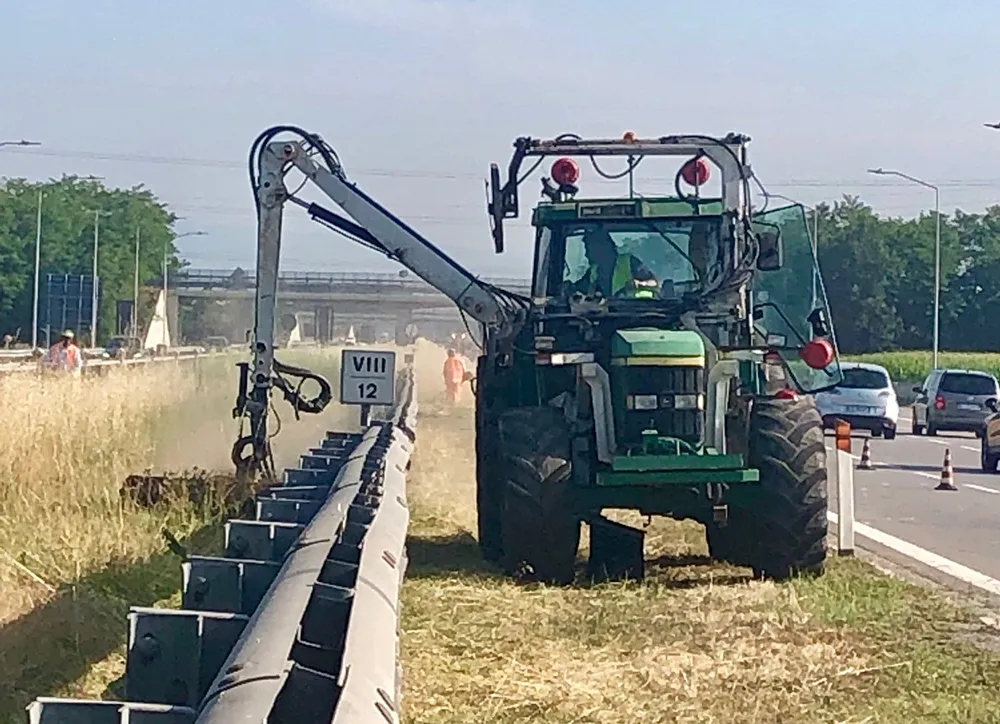
In East Africa, heavy rains have overwhelmed storm drains in many areas, with flood waters washing away vehicles and damaging road surfaces in urban and rural areas alike. Road repairs are now having to be carried out in Kenya, Rwanda, Tanzania and Uganda to patch up surfaces that have been washed away, along with the replacement of signage and signalling.
In the northern hemisphere, the severe extended winter weather of recent months has resulted in many potholes appearing in roads. Canada and the US in North America and virtually every country in Northern Europe have all suffered to a greater or lesser degree in terms of road damage. The recent severe weather has highlighted areas with poor quality road surfaces also, which are more vulnerable to extremes of cold or rain.
The freeze-thaw process has broken up poorly joined asphalt surfaces, with many failures becoming apparent. This has been worsened in many instances with water utility pipes failing underneath roadways, causing scouring and collapse in some instances, with repair work causing delays for grumbling road users.
The problem is far greater than mere potholes however; safety can be compromised greatly by poor road surfaces. For all road users the safety implications of potholes can be serious, with powered two-wheeler riders and cyclists particularly at risk from failed surfaces.
And worse still, there are strong signs that this trend towards severe weather is worsening. In some countries record levels of rain or snow have been recorded, with severe weather periods also lasting longer than ever before. There are still those who claim climate change is not happening, despite clearly visible evidence. However, it is worth remembering that around 95% of the scientific community believe climate change is a real and present danger to humanity. Pretending that climate change is not happening is not excusable.
The threat to transport infrastructure posed by climate change is highly visible. And for some low-lying countries around the world, this threat could have potentially devastating consequences.








